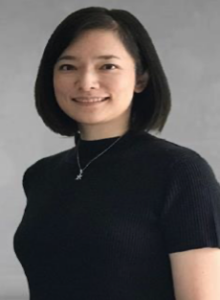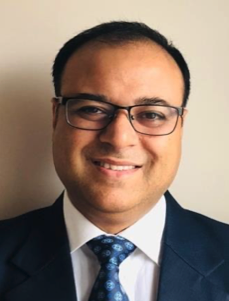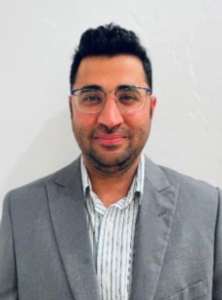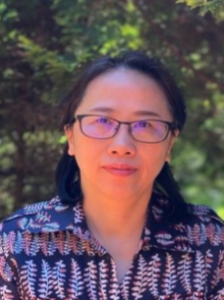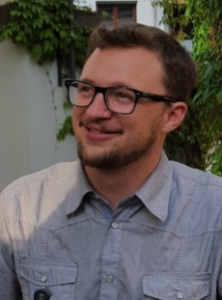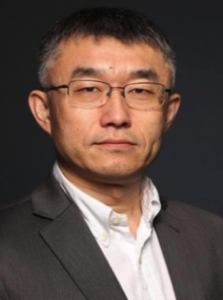An in vitro release test (IVRT) can be an important tool to support a demonstration of bioequivalence and/or product quality for various generic drug products. In vitro-in vivo correlation (IVIVC) can allow a prediction of the in vivo performance of a drug based on the IVRT profiles, which can be used to support novel alternative in vitro-based bioequivalence approaches and/or post-approval changes to generic drugs.
The purpose of this workshop is to discuss the scientific principles and practical considerations that inform current FDA thinking for IVRT and IVIVC studies to support the development and approval of complex generic ophthalmic, injectable, implantable, and inserted drug products. The workshop will provide an update on the progress of Generic Drug User Fee Amendments (GDUFA)-funded research activities, explore challenging issues that would benefit from a broader discussion, identify areas that need further research, and discuss opportunities for coordination and collaboration between FDA, generic drug industry, academic institutions, dissolution equipment manufacturers, contract research organizations, and consultants.
FDA and the Center for Research on Complex Generics (CRCG), which is a collaboration between the University of Maryland School of Pharmacy and the University of Michigan College of Pharmacy, are dedicated to advancing programs that stimulate scientific dialogue, disseminate current insights about complex generics, and generate new knowledge in support of FDA’s mission to promote and protect the public health by increasing access to safe and effective generic medicines.
Topics
- IVRT study design considerations for supporting bioequivalence and product quality, when applicable, for complex generic ophthalmic products, including emulsions, suspensions, ointments, and implants
- IVRT study designs for supporting a demonstration of bioequivalence and as part of quality control for complex injectable generic products including suspensions, polymeric microspheres, in situ forming gels/implants, as well as implantable generic products including solid implants, intrauterine systems and intravaginal systems
- Novel IVRT methods for supporting generic product development and/or bioequivalence demonstration
- Theoretical principles and practical challenges of IVRT and IVIVC method development, validation, and transfer
- Submission of IVRT information in Abbreviated New Drug Applications, including format of data/results, organization of information, and common deficiencies
Audience
The generic drug industry, academic institutions, dissolution equipment manufacturers, contract research organizations, consultants, and others interested in the development of complex generic drug products.

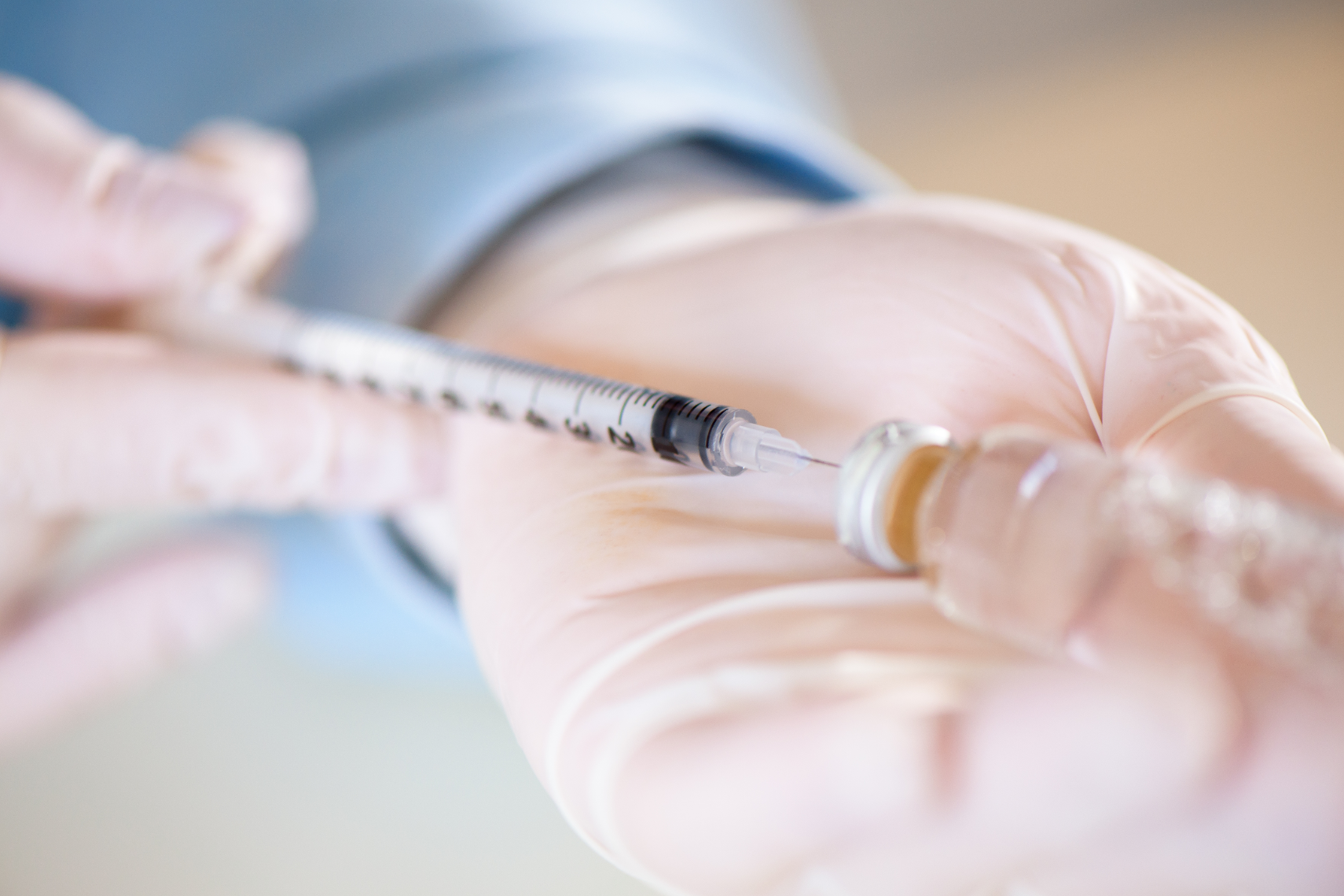

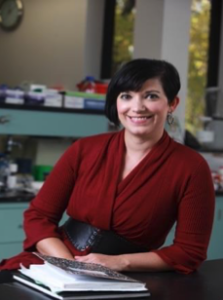
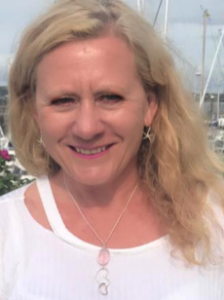
 Pharmacologist, DB, ONDP, OPQ, CDER, FDA
Pharmacologist, DB, ONDP, OPQ, CDER, FDA

